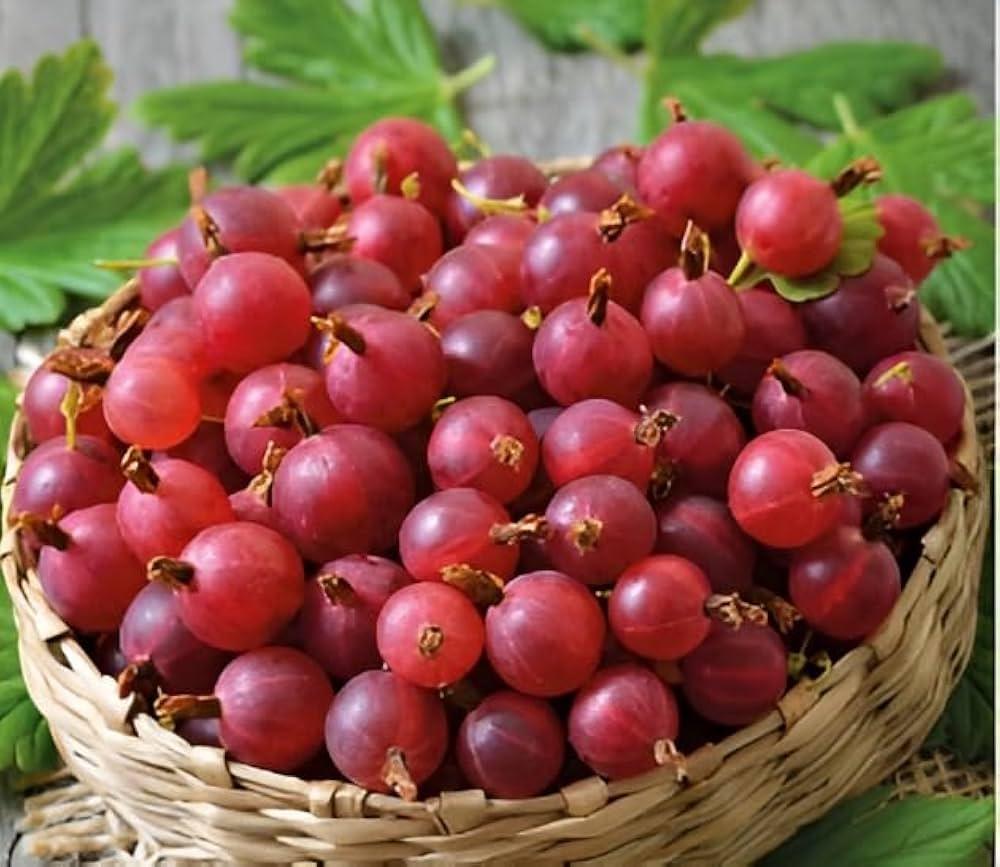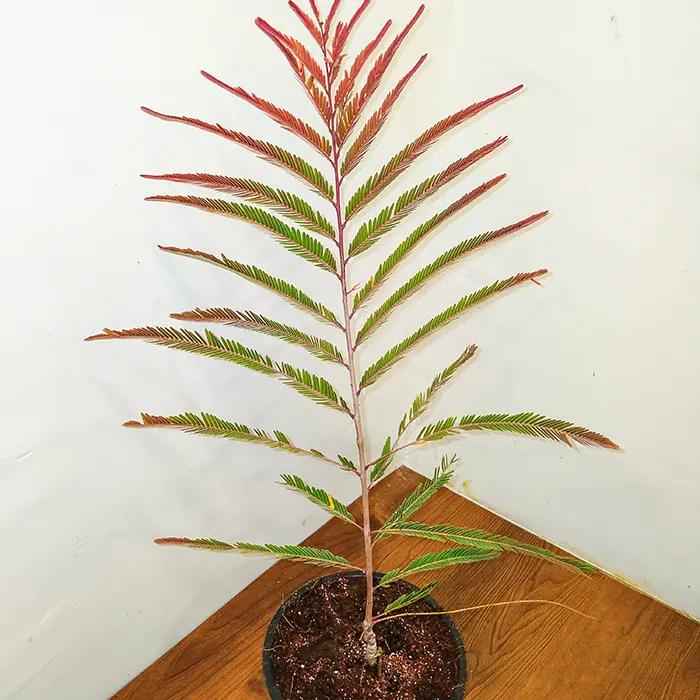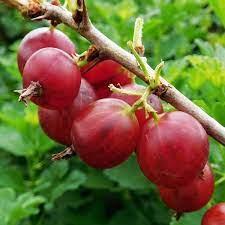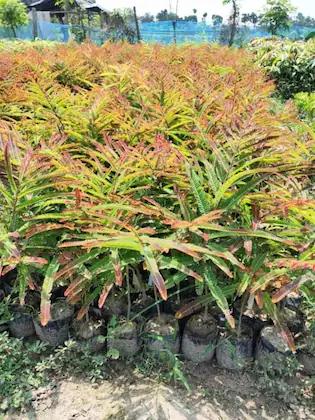nurserygreenspace13@gmail.com
Barajirakpur, Basirhat
+91-7908052462





Red Amla Plants
Description
About Plants:
Height: 1-1.5 Feet
Variety:Thailand
Age: 4-6 Months
Type: Grafted
Color:Deep Red
Use: Home Garden / Farming Purpose
Apply In: Soil Outdoor
Benefits & Description About Product:
Thai Red Amla Gooseberries Amloki Grafted Fruit Live Plant ...The Red Amla plant, a variant of the Indian Gooseberry (Phyllanthus emblica), is a deciduous tree native to the Indian subcontinent known for its striking, light-red, and nutrient-rich fruits. Valued for their high Vitamin C and antioxidant content, these fruits are used for their health benefits in traditional medicine and in various culinary applications, providing a unique, tart, and tangy taste that is a rare alternative to the common green amla.
Key Characteristics
Fruit:The primary distinguishing feature is its light-red, smooth, and spherical fruit.
Nutritional Value:The fruits are packed with Vitamin C, antioxidants, and fiber, promoting immune function, skin health, and digestion.
Taste:The fruits have a tart, tangy, and slightly sweeter taste compared to the standard green amla, making them suitable for fresh consumption or for making juices, pickles, and jams.
Tree:It is a small to medium-sized deciduous tree with a mottled bark, small, light-green, leaf-like branchlets, and greenish-yellow flowers.
Uses
Medicinal:The fruits, leaves, and bark are highly valued in traditional Ayurvedic medicine for their therapeutic and healing properties.
Culinary:The fruits are used in various dishes, including pickles, chutneys, jams, and juices, offering a unique flavor.
Growing and Cultivation
Growing Conditions:Red Amla trees thrive in sunny locations with well-drained, loamy soil and prefer subtropical climates.
Care:Regular watering, annual pruning to remove diseased branches, and organic fertilizer during the growing season are beneficial.
Availability:The Red Amla is a rarer variant, making it a prized and unique addition to gardens and a sought-after superfood.
